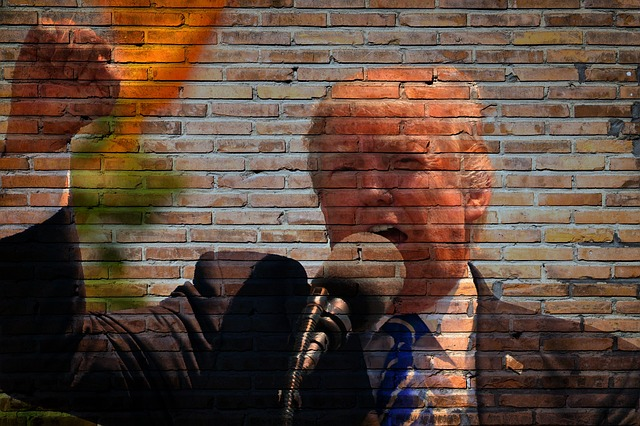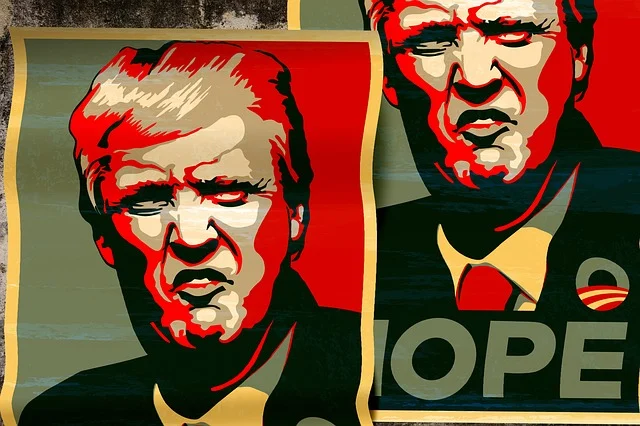
Washington D.C., July 1, 2025 — After nearly 24 hours of marathon debate, the U.S. Senate passed former President Donald Trump’s sweeping tax cut and spending bill—officially titled the Big and Beautiful Act—by a razor-thin margin. The legislation, which echoes many of Trump’s core campaign promises from last year, now heads back to the House for further deliberation.
The bill passed with just one vote to spare, underscoring deep divisions within Congress over the bill’s size, scope, and potential economic impact.
“Everyone Gets Something” — But at What Cost?
While celebrating the Senate victory during a visit to a Florida immigration detention center, Trump declared, “This is a great bill. Everyone wins.”
But behind closed doors, lawmakers made numerous last-minute concessions to win votes. Senator Lisa Murkowski of Alaska, whose support was key, admitted she had secured provisions favorable to her state—but remained uneasy about the rushed process.
“This was way too fast,” she told reporters after the vote.
“I hope the House takes a serious look at this bill and recognizes that we’re not there yet.”

What’s in the Big and Beautiful Act?
The Senate’s version of the bill includes several major policy pillars:
-
Permanently extends the Trump-era tax cuts for both corporations and individuals.
-
Allocates $70 billion to expand immigration enforcement and border security.
-
Significantly increases defense spending.
-
Cuts funding for climate programs and Medicaid (the federal health insurance program for low-income Americans).
-
Raises the debt ceiling by $5 trillion, with projected federal debt increases surpassing $3 trillion.
These sweeping provisions have sparked criticism across the political spectrum.
Internal GOP Tensions Rise
The House had previously passed its own version of the bill, a delicately crafted compromise that barely united the party’s libertarian, moderate, and defense-focused wings. Now, the Senate’s modified version could upset that fragile balance.
Fiscal conservatives, particularly those in the House Freedom Caucus, have raised alarms. In a social media statement, the group claimed the Senate version would add $650 billion annually to the federal deficit, calling it “not the deal we agreed to.”
Meanwhile, centrists have expressed concern over cuts to Medicaid and environmental programs, fearing backlash in their districts.

Trump’s Legacy and GOP Pressure
Despite the controversy, House Republicans are facing intense pressure from Trump himself. The former president has branded the legislation as a cornerstone of his political legacy—a long-term policy transformation designed to outlast future administrations.
“This isn’t just a win for now,” Trump said,
“This is a structural change that no future president can easily undo.”
Passing the bill would mark a major legislative victory for the GOP ahead of the 2026 midterm elections, but it could also expose deep fractures within the party.
What’s Next?
If the House approves the Senate’s version—possibly as soon as Wednesday—the bill will head to the president’s desk for signature. But many Republicans are wary. The challenge will be reconciling ideological divisions without derailing the bill’s momentum.
Regardless of its ultimate fate, the Big and Beautiful Act has already become a flashpoint in America’s broader fiscal and political battle—touching on tax reform, immigration, defense spending, and the federal government’s long-term financial stability.
Source: Adapted and expanded from BBC News reporting.
Original article: bbc.com
Post time: Jul-02-2025







